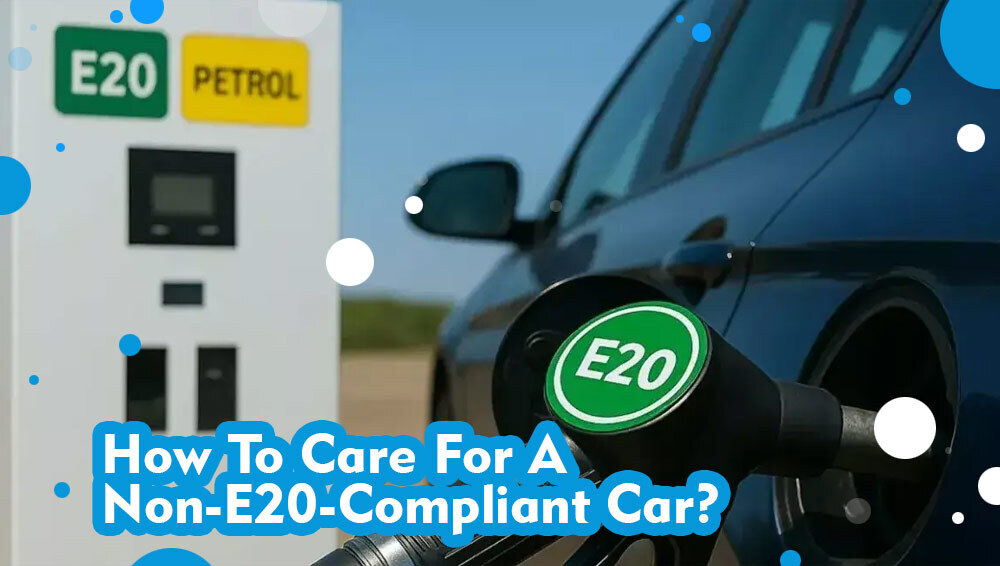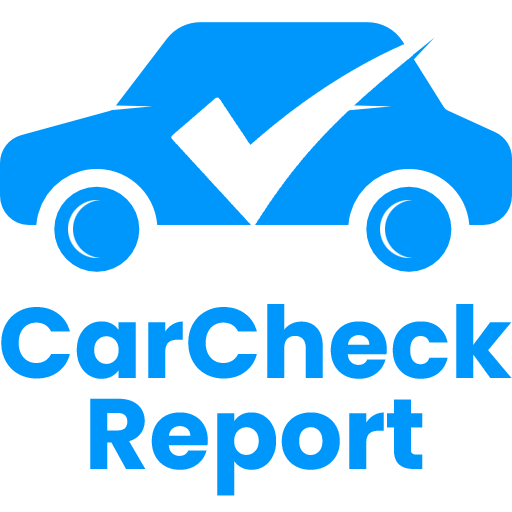
How To Care For A Non-E20-Compliant Car?
Soumi Roy 19-09-2025
Table Of Content
Indian policymakers mandated all petrol pumps dispense E20 petrol (20% ethanol, 80% petrol) nationwide, moving the rollout up from 2030. This rapid timeline left car makers unable to adapt their vehicles, and non-E20-compliant car owners unprepared. Non-compliant cars can face multiple issues when using E20, which, if ignored, can render the vehicle immobile and lead to high repair costs.
How E20 Petrol Is Bad For Non-E20-Compliant Cars?
Car health reports from OEM service centers and providers like AutoHealth show E20 petrol damages non-compliant engines in these ways:
Other Source: E20 Petrol in India Facts - Is Your Vehicle Really At Risk?
- Rubber and plastic parts in contact with E20 petrol degrade over time. Fuel lines, seals, gaskets, and O-rings not resistant to ethanol can become brittle, crack, or dissolve, causing fuel leaks.
- Metallic surfaces and parts such as fuel tanks, metallic fuel lines, and carburetors that come in direct contact with ethanol-infused petrol corrode over time, leading to blockages and rust!
- Ethanol in ethanol-infused petrol can loosen sediments found in the base of fuel tanks, which can then find their way into fuel filters as well as injectors and block them.
- Ethanol is inherently hygroscopic in nature, which means, when left in the fuel tank for a while; the absorbed water can form a separate layer inside the tank. And since water will always settle at the bottom, water will be sucked into the combustion chamber of the vehicle instead of petrol, which would lead to the engine misfiring and rust forming in the fuel tank!
- The energy density of ethanol is inherently low compared to petrol. This means that when blended with pure petrol, ethanol decreases the overall energy density of the fuel, which, when used in a petrol engine, will compel the motor to use up more fuel per kilometer. In simple words, the overall mileage of your non-E20-compliant car will drop drastically when run using E20 petrol.
Non-E20 Compliant Car Care Tips
Protecting your non-E20-compliant car is technically easy when you follow the tips mentioned below.
Use Fuel Additives
E20 fuel additives can prove to be an ideal albeit temporary solution for non-E20-compliant vehicle owners. E20 fuel additives not only help to stabilize fuel inside the fuel tank by preventing phase separation of ethanol and water, but also help keep things inside your car’s engine lubricated for a long time. Additionally, fuel additives help keep fuel lines as well as injectors clean and prevent corrosion in the process!
Regularly Inspect The Fuel System Of Your Car
A car not compatible with ethanol-blended petrol should often be taken to OEM service centers so that the owner can take a gander at the vehicle history report in a bid to make sure that –
- The ECU hasn’t generated any fuel system-related fault codes.
- There are no fuel puddles underneath the parked vehicle, which otherwise would have been indicative of failed gaskets, filters, or fuel pumps.
Upgrade The Upgradable Parts
Unlike cars from yesteryears, a car that was recently manufactured but incompatible with E20 petrol can still be made ‘compatible’ easily. All one would have to do is contact the experts at the nearest OEM service center and ask them to replace the non-E20-petrol compatible parts within the car with compatible parts. In this way, you can retrofit your car with the latest parts to prolong its operational life.
Extend The Life Of Your Beloved Ride!
You don’t need to scrap your non-E20-petrol-compliant car that was recently made, just yet! At least not until E27 or E30 petrol becomes the norm in India. Until that happens, you can happily drive your car, but make sure to follow the tips mentioned above and stay vigilant by keeping an eye on your car history.

Check Vehicle History @ ₹199*
Ownership Details | Registration Details | Service History For Car | Challan History | Check Car Accident History | Vehicle Engine Health | Recall Details | Maintainance Details | Vehicle Insurance Details
